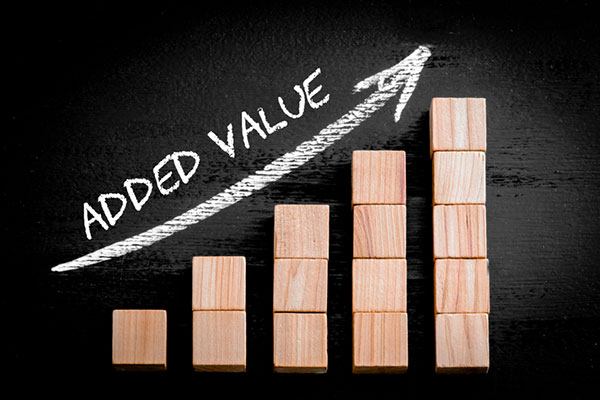Self-assessment – why use an accountant?

The primary concern of any contractor, limited company, freelancer or consultant is to generate business and fulfill the work on the orders that you have won. Having done so the next step is to secure the payment for such work and pay off your suppliers who provided you with the materials and the services to allow you to fulfil the customer’s order.
Business is tough enough and the last thing on your mind may be your tax return but never forget that HMRC expects to receive a tax submission from you once a year and payments up to twice a year on the income you’ve generated personally. And they expect the submissions and payments to be correct, in full, and on time. If they’re not, you’ll pay the price.
Accounting and bookkeeping often seem just like more business expenses you can save money on by doing itself. However, and we realise that it’s in our self-interest to say this, you should always use an accountant.
Filing your self assessment is time consuming and difficult
If you have ever attempted to navigate your way around HMRC’s website in an effort to complete your self-assessment tax return and felt that that is not an efficient use of your time, then your accountant can do all of this for you.
Not only is completing your self-assessment tax return time-consuming but you also require knowledge of the latest tax laws, rules, regulations and deadlines. It is important that you provide information in the correct format as required by HMRC.
Questions an accountant can answer
Entrusting this task to an accountant for whom this is their day-to-day business will free you up to run a more efficient and profitable business. Not only will they ensure that the correct information is filed with HMRC at the end of every tax year but they will also advise on the ongoing tax efficiency of your financial affairs and the savings to be gained whilst running your business.
For example, do you fully understand the best way to operate? Should you be self-employed, or a limited company? What is the best way to take money out of your company whilst paying as little tax as possible? An accountant will be able to guide you on such matters based upon your individual circumstances and situation.
When is an expense not an expense? You and HMRC might have very different views on this issue. Help is at hand with HMRC’s guide to expenses if you are prepared to wade through the document which is over 100 pages long. Or you can leave it to your accountant who is the expert on such matters and can give you sound advice about what you can and can’t claim through company expenses.
An accountant knows your payment and reporting deadlines
Are you aware that if you file your tax return late the penalties can be hefty ranging from £100 for a day late submission of annual accounts to a massive £1,500 fine for a six-month delay? It is part of your accountant’s job to make sure that your tax returns are filed on time ensuring that you do not incur this unnecessary expense.
Further fines and penalties can be levied if you submit your forms incorrectly for your self-assessment tax return, your VAT return, and corporation tax. Altogether, this is a financial minefield and very time-consuming.
Appointing an accountant to manage your affairs will not only save you time but it will ensure that the correct information is submitted to HMRC thereby minimizing the risk of an enquiry into your tax affairs. In the unfortunate event that you experience cash flow problems your accountant can liaise with HMRC and explore the possibility of deferring tax payments or negotiating a payment plan on your behalf.
These are just some of the benefits of using an accountant to deal with your self-assessment tax return and business affairs. For further information contact us on 01235 768 561 or email enquiries@pantheraaccounting.com.

